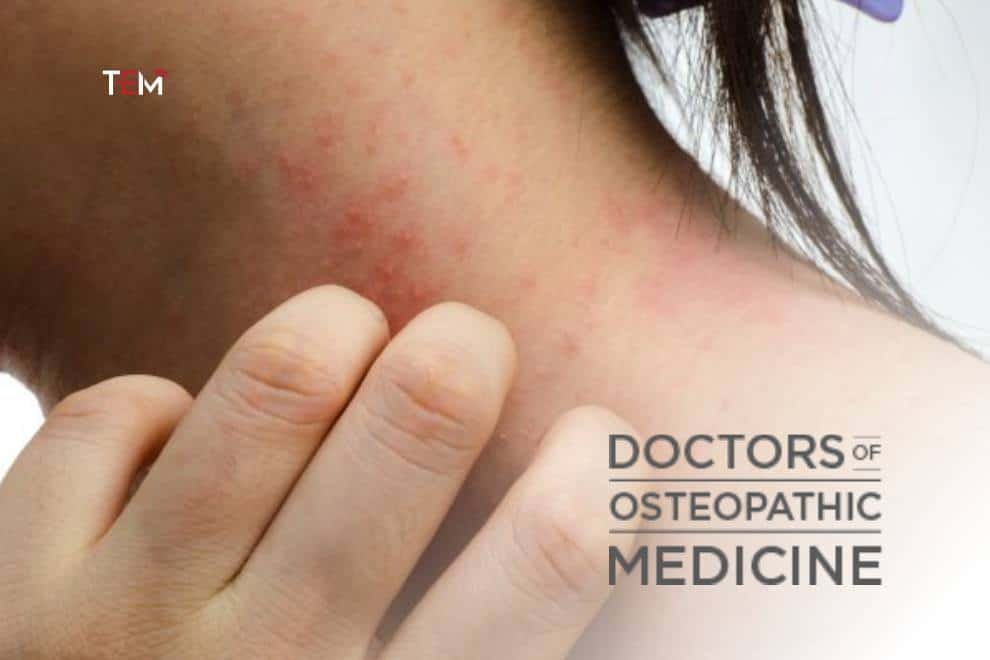Precautions should be taken before it spreads all over
Eczema is an itchy, irritating and red skin condition that can have a profound impact on a patient’s sense of well-being. Commonly referred to as ‘atopic dermatitis’, its symptoms can be both emotionally and physically debilitating and may linger for years. It is a chronic skin condition often affects children but can occur at any age. The study finds that at least 10-20 percent of all infants will develop it in a near time. And while nearly half will outgrow the condition many continue to experience eczema throughout their adult lives.
How Eczema is emotionally draining and managing itch?
Eczema causes rash can develop on any part of the body but usually affects the hands, elbows, knees, and face, frequently occurring in skin folds. Among darker-skinned people, they face somewhere social anxiety with eczema that can affect pigmentation, making the area turn darker or lighter.
- The condition is often associated with poor sleep, low self-esteem, and frustration because treatment is rarely simple, immediate or without side effects.
- The disease is characterized by red, dry, itchy skin that can become blistered, crusted, scaly and thickened.
- Patients may face extreme itching at night when they are trying to sleep.
- The rashes can also be disruptive to daily life, preventing patients from wearing certain clothes or cosmetics.
- The skin fails to hold in moisture, becomes dry, then inflamed, itchy and often infected.
How Eczema spreads and shows off?
Eczema is communicable and most often triggered by contact with common cleaning agents including soaps, detergents and scented products such as perfumes or shampoos. Other triggers may include sunblock, certain fabrics, foods that frequently activate allergies (peanuts, milk, and soy), stress and even weather.
However, doctors are still digging for the reason what causes eczema, but somewhere they believe it is related to a gene variation that impacts the skin’s ability to retain moisture. The condition can run in families and often occurs in people who also have allergies.
What evolving treatments you should follow?
Unfortunately, doctors are still finding the exact cure for atopic dermatitis but treatments and self-care measures can relieve itching and prevent new outbreaks.
For some, chlorinated pools offer a soothing effect similar to another surprising treatment: bleach baths. Made up of an approximately one-quarter cup of household bleach diluted by a full bathtub of water, regular soaks can help prevent flares, Dr. Emily Rubenstein, DO, board-certified dermatologist notes.
Moisturizing creams, or emollients, as well as topical steroids and antihistamines, may also provide relief—but long term use of steroids is not recommended. Physicians encourage patients to avoid harsh soaps, moisturize regularly, and be aware of potential triggers.
Dr. Rubenstein, says, “New advancements include biologics that can help severe eczema patients manage the rash and itch of the disease.”
Also, Read How Diet Can Cause Or Cure Depression










